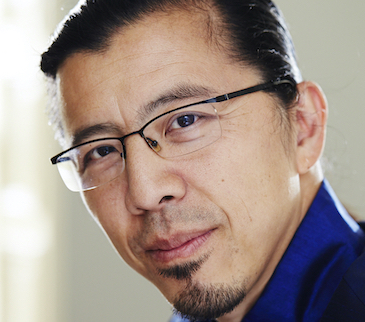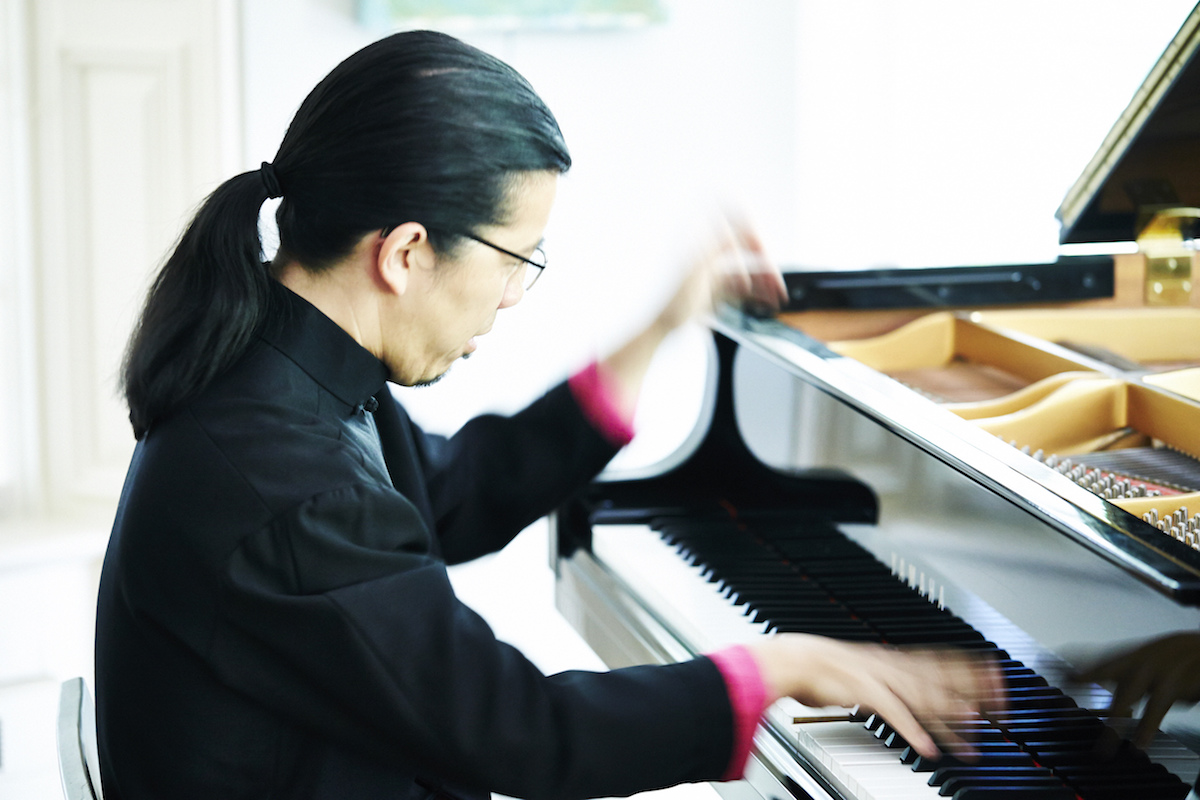Satisfaction is a very important concept that I try to get across when I do master classes and work with students. If you are struggling with how to make practicing music fun, consider your practice goals. Do they create and nurture deep satisfaction?
Specific target as a goal.
Our goal when we’re practicing or performing should not be to hit a specific target, i.e. to try to play the piece in a specific way. If we set ourselves up for that, right away we see it is a goal that will disappoint you emotionally, because you’re very rarely going to play something exactly the way you want. Let’s say that one time out of a hundred you play exactly the way you want. Are you going to continue if you are happy, emotionally satisfied only 1% of the time that you play the piano? That’s pretty obviously a fruitless venture.
Improvement as a goal.
The next step in the evolution in our practicing strategy is to set the goal of “improvement.” In this mindset, we still have a specific way to play that we strive for, but if we don’t hit our specific target, we’re not disappointed. Instead we try again and attempt to get closer to the target. I went through that phase, and I thought about it a lot. What happens is that you move closer for a few tries, then you move further away, two steps forward, and then one step back. But when you hit the target, if you ever do that, you move the target and the process continues. So you are constantly moving closer and farther to the goal. Thus, if your happiness and motivation is tied to improving, overall you’re going to be 51% happy and 49% not happy during your practice, which is better than 99% not happy. But it’s also a guarantee that you’ll be 49% not happy, which is a lot. Most people think that’s the best we can do, but I have found a way where we can be 100% happy even as we’re making mistakes, even if we’re not hitting the goal, even if we’re not improving.
Learning as a goal.
We can be 100% happy if our goal in practicing and performing is to learn something we didn’t know, about the experience of playing, no matter how well or how poorly we play that one particular time. There are so many ways we can increase our knowledge. For example, we can increase self-knowledge about how we act under pressure. A mistake in dynamics, articulation, or pitch can reveal that I was misreading a note or misunderstanding the piece’s structure. If I’m a little clearer on the structure, I’ve learned something about the score. I can learn something about the instrument. The piano I’m playing perhaps has a very harsh upper range, is out of tune, or certain keys may require more force to press down than others. All of those details could have engendered some kind of mistake or disruption in your performance. So learning about them will improve your performance.
You can learn about the audience you are playing for, or the acoustics in the room. You can learn about how your body functions. There are so many places where every time you play, no matter how poorly or well, you can learn something. This goal can co-exist with the image of an ideal version. One can also objectively state that a particular attempt was better or worse than another attempt. But our driving force is the desire for learning.
Keep learning about the process and yourself.
Overall, if you have a better general knowledge of the myriad factors that go into making a performance work, you’re going to have a greater chance of playing better more often. Going forward, you will possibly play and hit the target more times than you would otherwise. But that’s not the actual goal. The actual goal is to always learn something more about the process and about yourself. If your emotional satisfaction comes from knowing yourself more, then playing the piano, no matter how poorly or well can help you. That means that you can create 100% motivation and emotional satisfaction by doing this activity, which of course encourages you to keep doing it, which means that you’re going to improve.
Read more articles by Frederic Chiu
Meditation and Free-Association in Mental Practicing
Mental and Emotional Practicing Relating to Memorization
Mental Practicing and Analysis

Frederic Chiu
Frederic Chiu is a piano faculty at Carnegie Mellon University and the Hartt School. He performs at major venues on five continents: Lincoln Center in New York, Kennedy Center in Washington, The Chatelet in Paris, the Mozarteum in Buenos Aires, as well as touring extensively in smaller and unusual venues. He collaborates with Classical music friends Joshua Bell, Pierre Amoyal and the St Lawrence String Quartet, as well as non-Classical friends like jazz pianist Bob James or storyteller David Gonzalez, to bring vivid live piano experiences to all audiences.
Frederic Chiu has recorded the most extensive complete piano works of Prokofiev, and his personal relationship with the Prokofiev family has made him a world-recognized advocate of the composer. Across 28 albums, he has recorded works of Chopin, Liszt, Ravel, Mendelssohn, Brahms, Rossini and Grieg, and most recently the Beethoven/Liszt Symphonies V and VII. “Hymns and Dervishes,” music of Gurdjieff/de Hartmann, Distant Voices: Music of Claude Debussy & Gao Ping, and Schubert’s Fantasy for Violin and Piano demonstrate his wide legacy in recording.



Comments are closed.